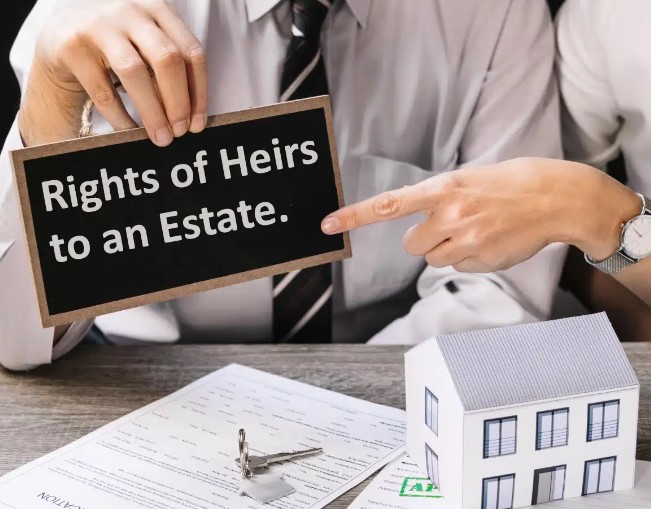
Sometimes there are cases in probate in which there are not any heirs around to inherit an estate. There are also times when there are a multitude of heirs and complications about what’s known as heirs’ property. This is what happens in probate cases when there are many heirs. In the probate legal world, “Heirs’ Property” refers to family-owned property inherited by multiple generations without the formal legal proceedings necessary to prove ownership. Sans probate proceedings at an owner’s death, heirs may possess the property, but lack the clear title needed to prove ownership status. They may not be able to sell the property or even use the property as collateral for financing. There are times the inheritors (heirs) might be at a greater risk of losing the property through a partition action or because they fail to pay their property taxes.
This type of heirs’ property arises in higher rates among black, indigenous, and people of color (BIPOC) communities. Sometimes, “heirs’ property” refers simply to any property owned primarily by relatives as tenants in common. This type of ownership is common, but can present difficult issues when owners do not agree about how to use the property and whether to sell it. Many states have partition laws with special provisions for “heirs’ property.” These laws attempt to ensure that, when practicable, family members who do not wish to sell their land can retain ownership of their shares.
If you’re attempting to clear title to heirs’ property you should contact the probate law experts at the Law Firm of Thav Ryke & Associates in Southfield, Michigan. We understand Michigan law and how “Heirs’ Property” may be a complication that your family has to deal with. Don’t delay and contact us today.
